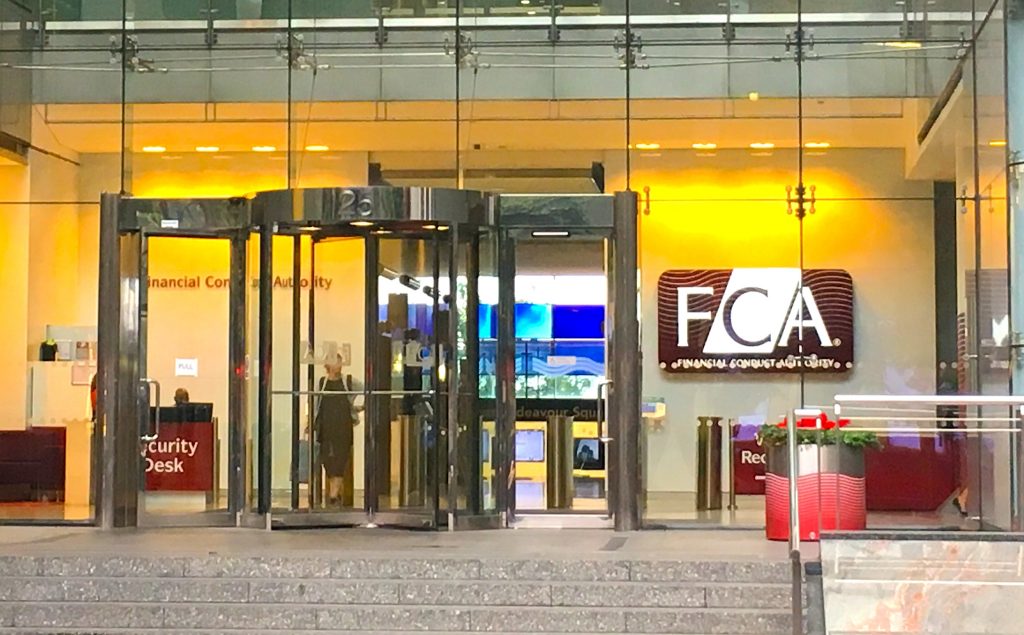The Global Financial Crisis is pinned to the moral hazard of bankers but the question is whether it has resulted in any changes to senior management accountability in financial institutions. An analysis of the state of things in the UK shows that disregarding culture and governance can be a costly mistake.
The GFC
The general consensus is that the Great Depression was triggered by a major fall in stock prices on Wall Street in September 1929. It started the longest, deepest, and most widespread depression of the 20th century, which had had devastating effects around the world. Since it had its start in the financial system from where it spiraled to the rest of the economy, it is often cited as one of the reasons why authorities interfered so heavily in financial markets during the Global Financial Crisis of 2007/2008 (“GFC”) and poured enormous amounts of money into the financial system to stabilise it. The moral hazard of banks and their managers was one of the reasons for the GFC, but the public opinion is that those responsible for the mess were not adequate punished for the mess they created. The Hill last year lamented in an article that “none of the chief executives at the companies that caused the 2008 global financial crisis has been held fully accountable”.
Without getting into too much detail about who has been brought to justice or not for the shortcomings prior to the GFC, it is apparent that we have seen a large amount of regulations that aim to deal with this exact issue. What remains unclear to an extent, however, is how effective these new rules are. One way to get to an answer is looking at the numbers of enforcement actions by financial watchdogs and especially those in relation to the culture and governance of the firms they supervise.
The British case
Take the UK’s Financial Conduct Authority (“FCA”), for example: It is the conduct regulator for 58,000 financial services firms and financial markets in the United Kingdom and the prudential regulator for over 18,000 of those firms.
When the FCA goes about its job, i.e. making rules, giving general guidance, supervising and authorising firms, it is guided by its 9 principles for good regulation and the center of it sits the responsibility of firms’ senior management to comply with the regulatory framework (for sake of completeness and if you are interested, the other 8 are: efficiency and economy; proportionality; sustainable growth; the responsibility that consumers themselves have; recognising the differences in businesses carried on by different regulated persons ; openness and disclosure; and transparency). By making it a key principle, it shows how serious the regulator is about holding senior management accountable for any non-compliance with its rules.
Senior Management Accountability in the UK
This principle finds its regulatory expression in the Senior Managers and Certification Regime (“SM&CR”). Its aim is to reduce harm to consumers and strengthen market integrity by making individuals more accountable for their conduct and competence.
As part of this, the SM&CR aims to:
– encourage a culture of staff at all levels taking personal responsibility for their actions
– make sure firms and staff clearly understand and can demonstrate where responsibility lies
The objective of the regime is to improve genuine accountability in firms by removing ambiguity and clarifying individual responsibilities. The FCA stresses that it does not want to see a tick-box approach taken by firms, but genuine engagement and that the rules for accountability must be seen in context with the rules about remuneration and whistleblowing. It addresses a wide range of senior management functions including traditional executive roles (e.g. CEO, CFO as well as other executive directors and individuals who head up significant business divisions), Oversight (non- executive) Roles, key roles such as Head of Internal Audit and Chief Risk Officer and technical roles such as Money Laundering Reporting.
A snapshot
Every year the FCA publishes a number of annual reports and accounts that describe its activities, including the Enforcement Annual Performance Report. In these reports the FCA has identified Governance risk as one of the key environmental and operational risks for financial institutions. This includes all failings of not setting the right direction in optimising risks and resources, and monitoring performance and compliance to achieve the organisation’s objectives. While it found that the introduction of the Senior Manager & Certification Regime (SM&CR) has strengthened governance, controls and decision making, a series of numbers show some interesting trends:
During the period in question, i.e. 1st April 2017 to 31st March 2018, the FCA issued 269 Final Notices (248 against firms and individuals trading as firms and 21 against individuals), secured 317 outcomes using our enforcement powers (303 regulatory/civil and 14 criminal) and imposed 16 financial penalties totalling £69.9m. While the financial penalties represent little more than a third of the amount in the previous year and are far eclipsed by the £884m of 2015/16, it represents a steady increase of enforcement cases in general. While the FCA had about 150 cases at the end of the reporting period for 2015/2016, it now stands north of 500 cases. More importantly though is that out of the 302 cases that have been opened during the most recent reporting period 48 are in relation to culture and governance opposed to 9 the year before.
Conclusion
This significant increase means that the above FCA’s statement with regard to its principles and objectives aren’t empty words. Instead it shows that the regulator sees senior managers as the key for making changes from the boardroom that affect the entire culture of a firm. It also demonstrates that it holds the same executives accountable for failings with regard to culture and governance.
Therefore, improving internal culture by prioritising diversity and inclusion initiatives and the protection of whistleblowers must be a priority for banks and other financial institutions. Otherwise, failing to do so is likely to have severe consequences.


